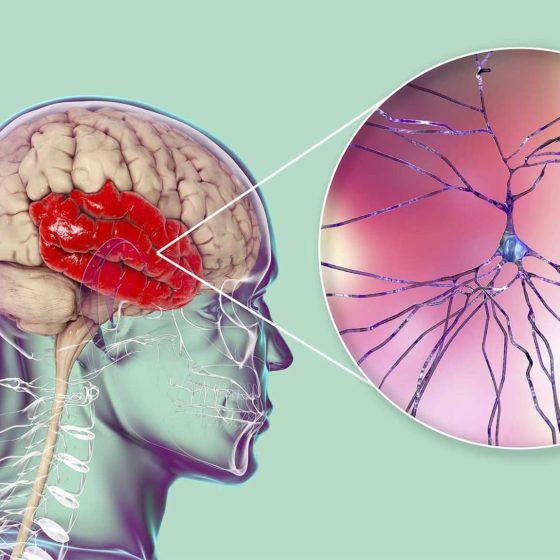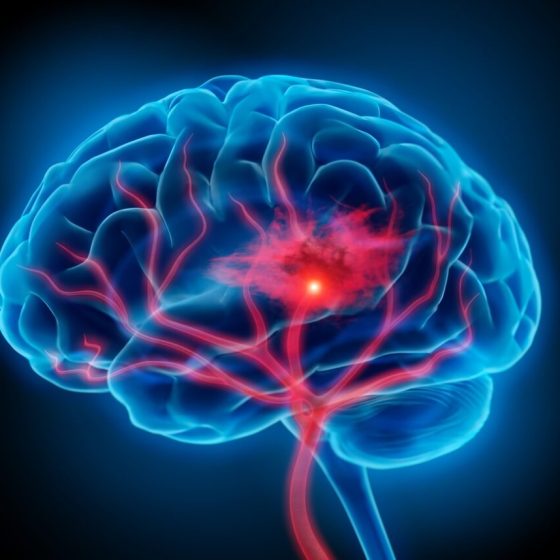Uremic Encephalopathy
Practice Essentials Uremic encephalopathy is an organic brain disorder. It develops in patients with acute kidney injury or chronic kidney disease, usually when the estimated glomerular filtration rate (eGFR) falls and remains below 15 mL/min. Manifestations of this syndrome vary from mild symptoms (eg, lassitude, fatigue) to severe signs (eg, seizures, coma). Severity and progression depend on the rate of decline in kidney function; thus, symptoms are usually worse in patients with acute kidney injury. Prompt identification of uremia as the cause of encephalopathy is essential because symptoms are readily reversible following initiation of dialysis. Pathophysiology Uremic encephalopathy has a




